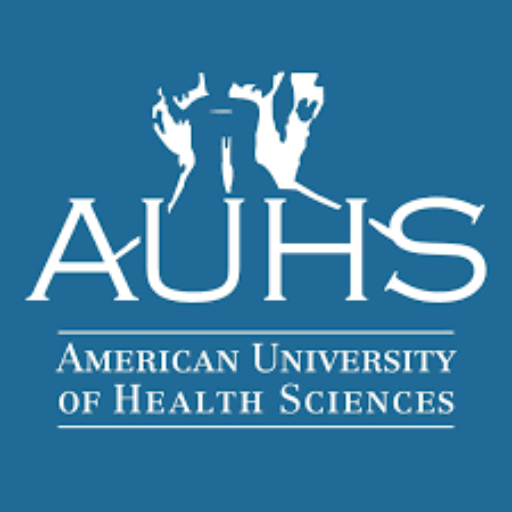POLICY
- Responsibility for ongoing, educational programming on HIV/AIDS shall be assigned to the faculty and the Dean. Such educational programming shall be directed to allmembers of the AUHS School of Nursing community, including administrators, faculty, staff, and students.
- AUHS School of Nursing shall attempt to conform to all local, state, and federal laws and the Center for Disease Control guidelines.
- AUHS School of Nursing allows persons who are HIV-positive to remain on campus, but they must not engage in or endorse life-style practices which might pose direct threat of transmitting the virus to others.
- AUHS School of Nursing will not undertake program screening to identify persons infected with the HIV virus unless required to do so by law. Students and University employees desiring HIV testing are directed to seek assistance from their personal physicians or the public health departments.
- It is expected that all health care professional adheres to medically determined policies regarding the safe disposal of hypodermic needles, blood, and other bodily fluids. Adherence to these same precautions will be practiced in laboratory courses and whenever members of the AUHS School of Nursing community, including administrators, faculty, staff, and students encounter bodily fluids.
- AUHS School of Nursing employees will protect the confidentiality of any person who tests HIV positive, as mandated by the Family Education Rights and Privacy Act of 1974.
- Students and University employees involved in extra-curricular activities and/or activities, which place them at risk, shall take appropriate, precautionary measures to reduce risk to themselves or others.
- Due to the inherent risks of laboratory and nursing-clinical facilities, students are required to take appropriate precautionary measures in dealing with the blood and body fluids, handling of needles, and any laboratory or hospital equipment that may pose a threat to themselves or to other persons. In the event of an incident involving risk of HIV or Hepatitis transmission, the student or University employee has an ethical duty to immediately report the incident to a designated University official. The Student Statement Regarding Hepatitis B, HIV, and other Infectious Diseases can be found in the appendix.
- Additional information on HIV/AIDS can be obtained from the Center for Disease Control(www.cdc.gov).
